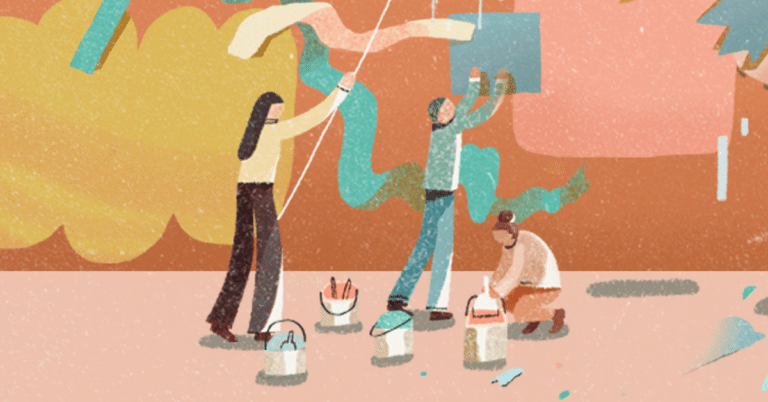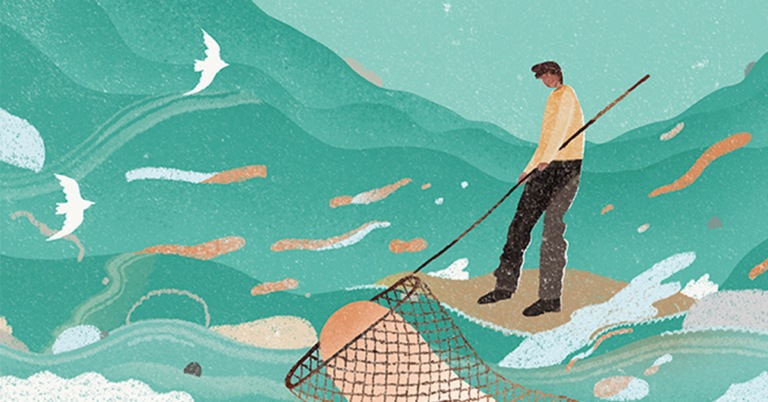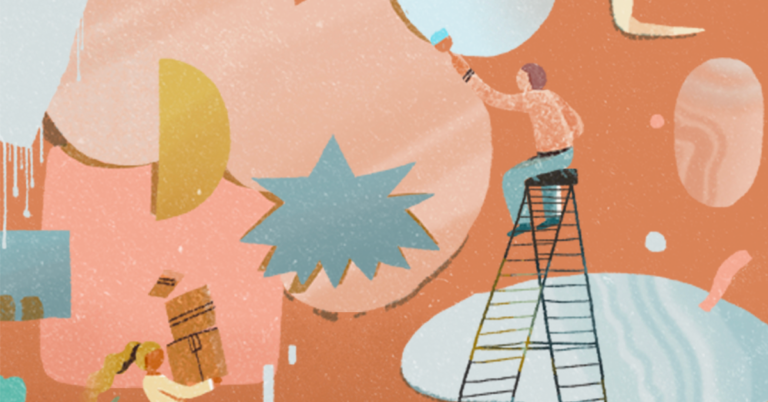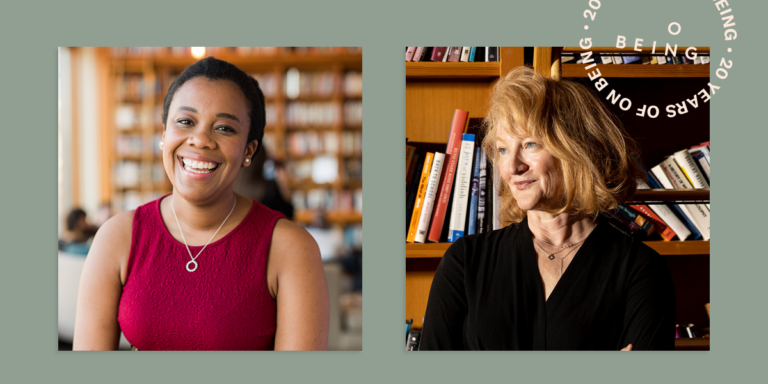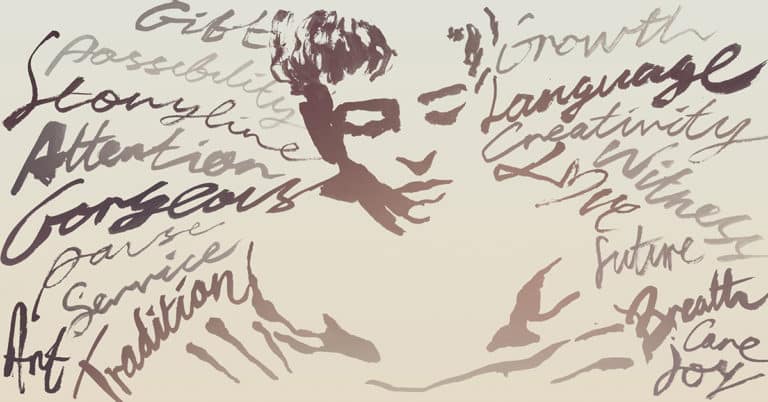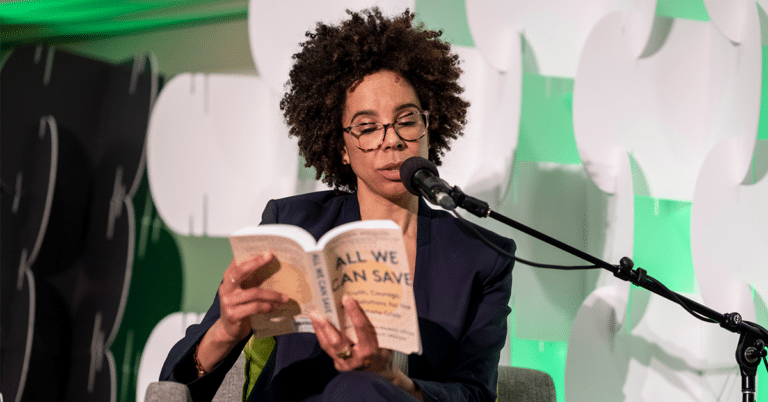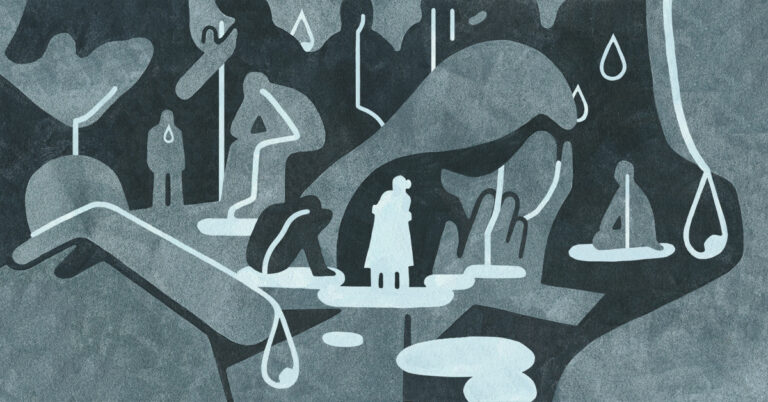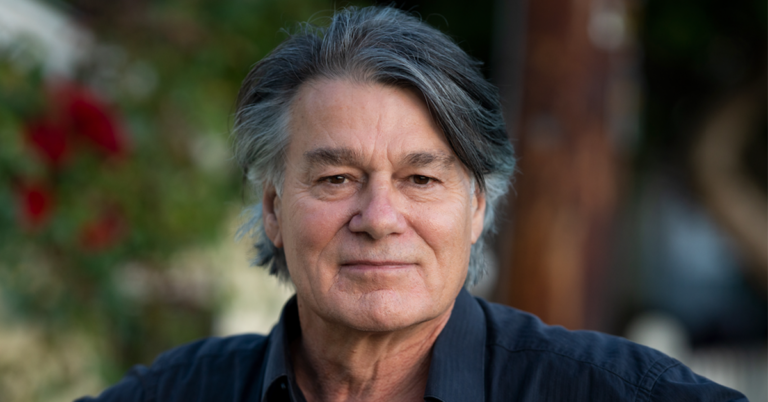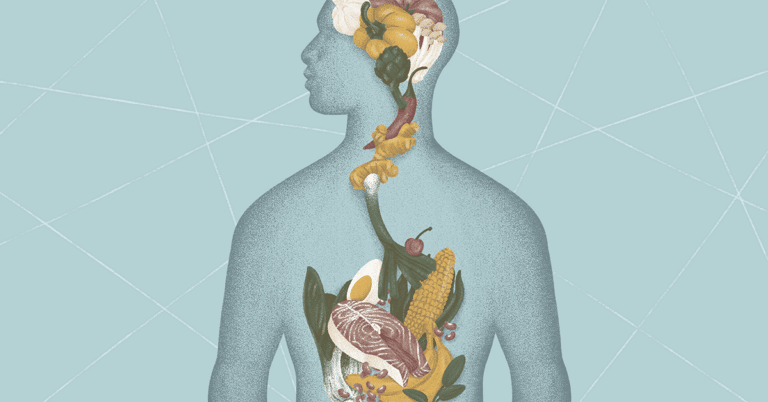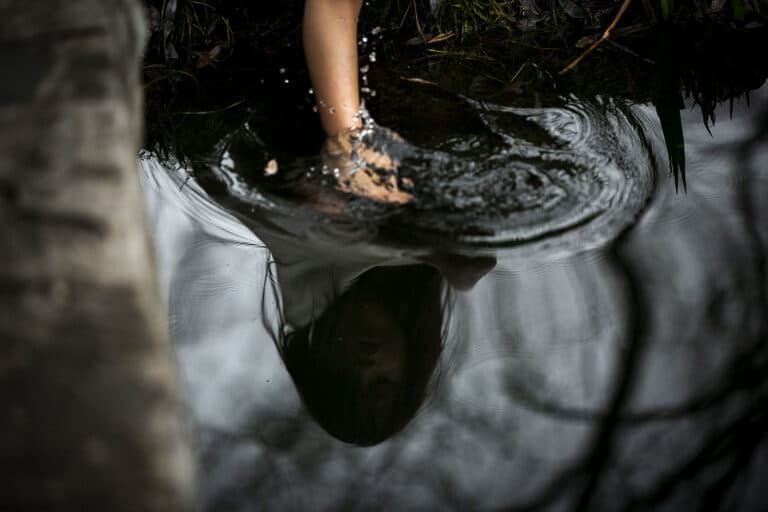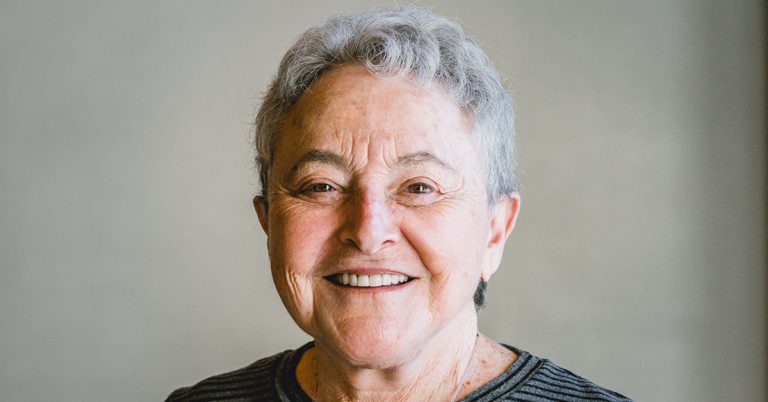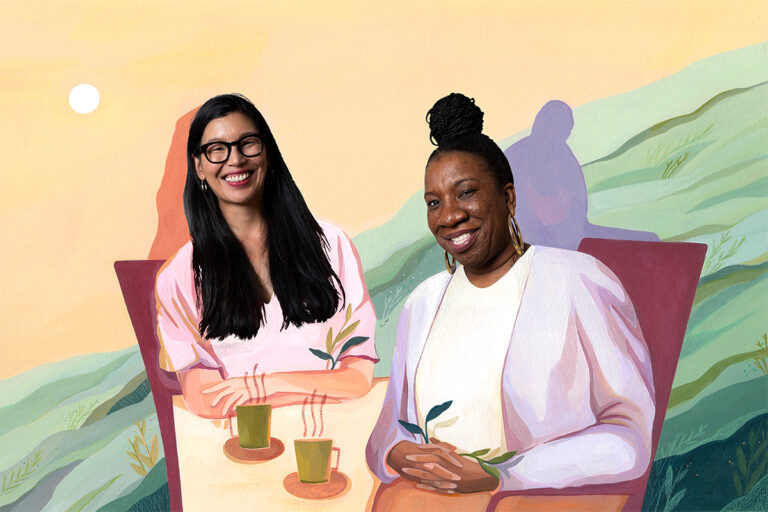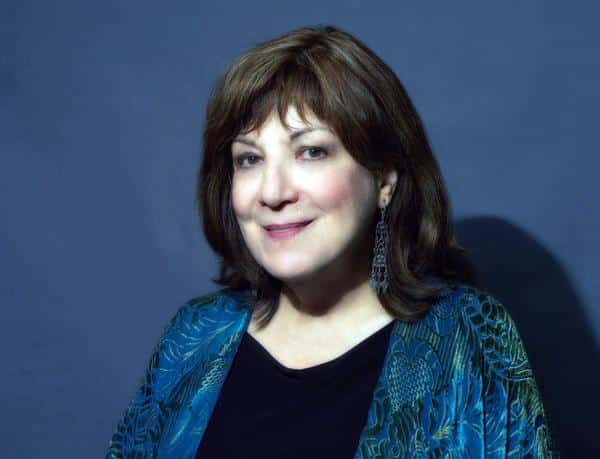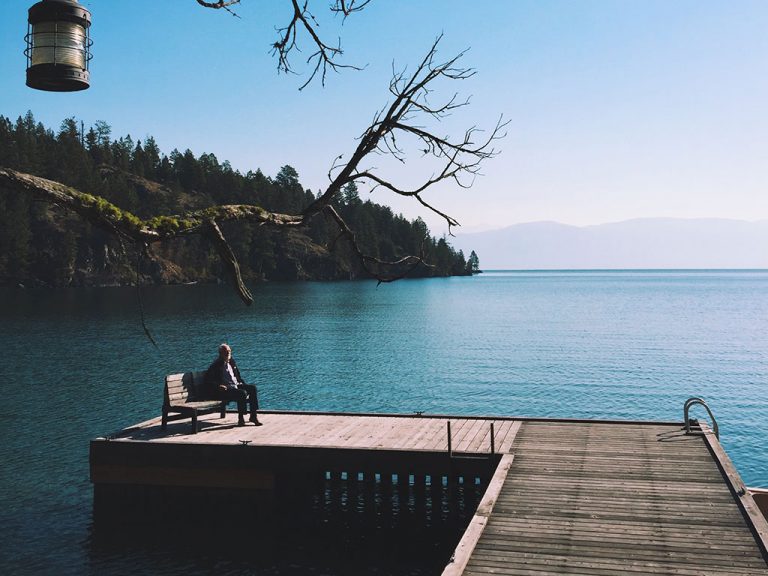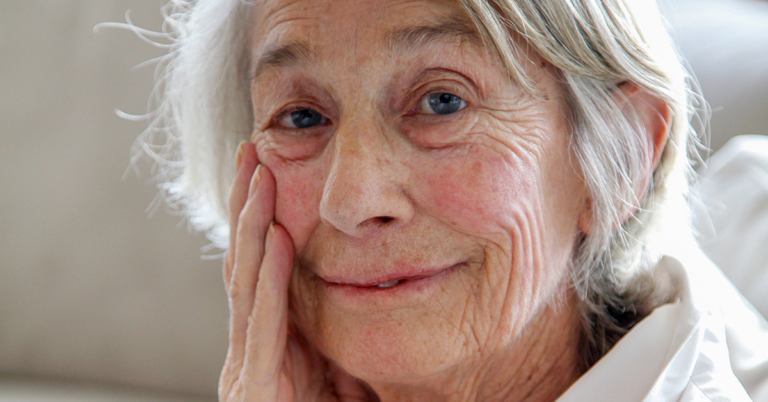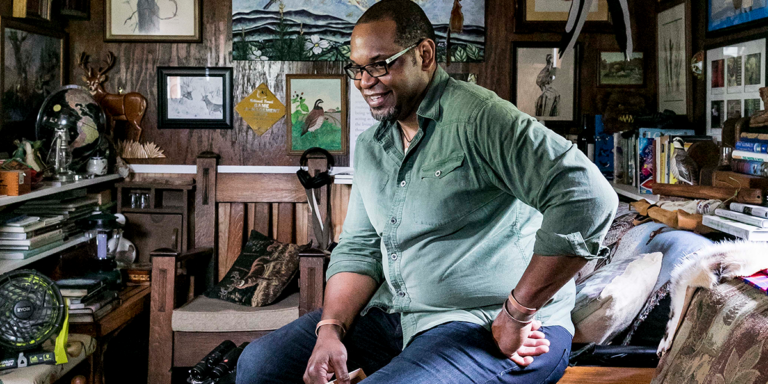October 27, 2022
Taking a Long View of Time, and Becoming "Critical Yeast"
We inhabit a liminal time between what we thought we knew and what we can’t quite yet see. But time is more spacious than we imagine it to be, and it is more of a friend than we always know. Cracking time open, seeing its true manifold nature, expands a sense of the possible in the here and the now. It sends us back to work with the raw materials of our lives, understanding that these are always the materials even of change at a cosmic or a societal level.





